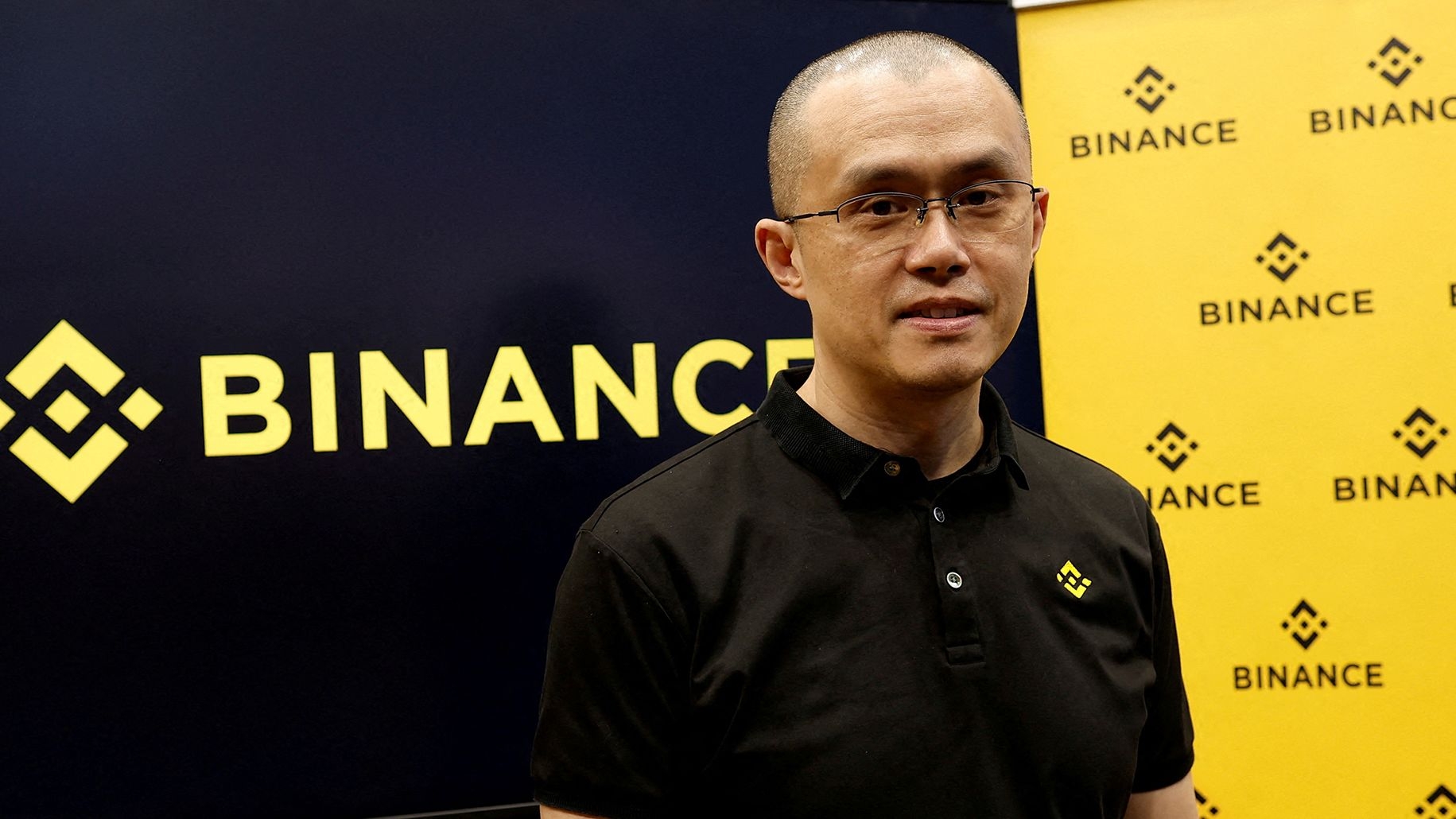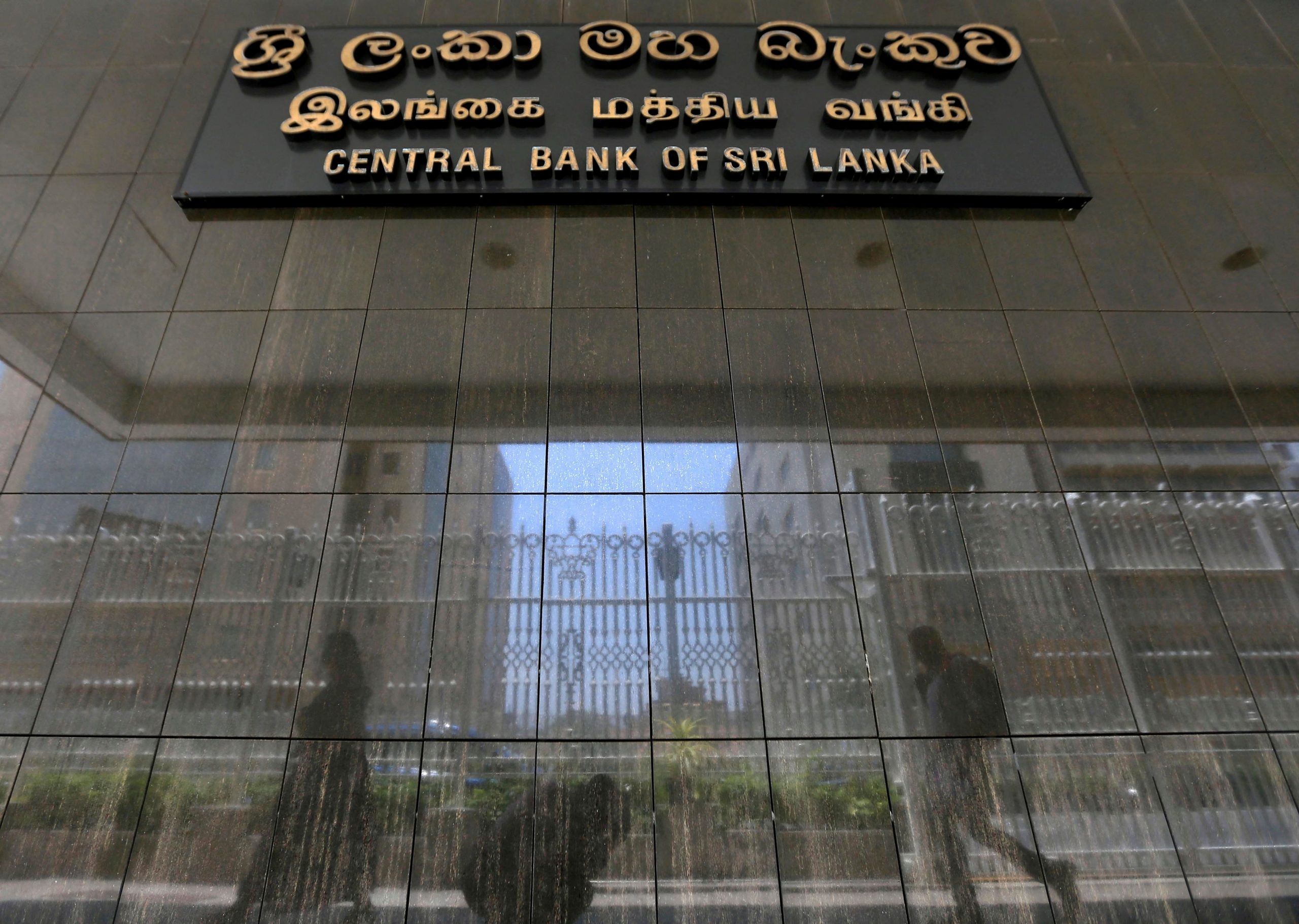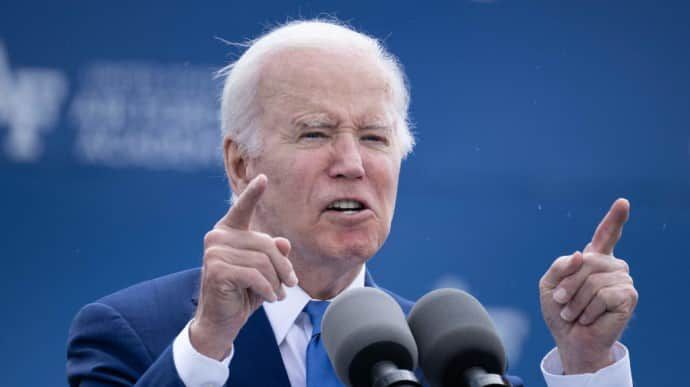In a major development in the crypto-regulation landscape, the International Organization of Securities Commissions (IOSCO) today publicized a report detailing policy recommendations for global cryptocurrency regulation, soliciting public input. These proposals come amid a growing chorus for a comprehensive regulatory framework for the highly volatile crypto market.
As part of the public consultation process, the report will remain open for comments and feedback until July 31. One of the principal advisories by the IOSCO encourages regulators to bar crypto businesses from consolidating certain functions within a single legal entity or a group of affiliated entities. This essentially implies a prohibition on crypto companies operating exchanges, trading firms, and custody businesses under the same legal framework.
A crypto titan, Coinbase, has meanwhile approached the court to compel the Securities and Exchange Commission (SEC) to elucidate its stance on crypto regulations.
The IOSCO, a global policy assembly composed of regulators overseeing approximately 95% of the world’s securities market across 130 jurisdictions, set up a Fintech Task Force (FTF) last year. The initiative was designed to formulate its crypto policy recommendations, leading to the recently published report.
The eighteen new recommendations span six critical areas. These include the conflicts of interest arising from the vertical integration of activities and functions, cross-border risks and regulatory cooperation, and a section dedicated to market manipulation, insider trading, and fraud.
“Regulation of crypto activities across jurisdictions is overdue,” the EMEIA lead at Ernst and Young shared with Decrypt. He noted, “A global baseline of guardrails is a positive step forward, but it is also an ambitious undertaking, and it remains to be seen just how effective it can be in practice.”

The policy-making process at the IOSCO was informed significantly by the recent collapse of FTX, one of the largest crypto exchanges. Before declaring bankruptcy, FTX held the third-largest market position after Binance and Coinbase.
The catastrophic failure of FTX was triggered by a bank run after Binance CEO Changpeng Zhao declared his exchange’s intention to liquidate its position in FTT—FTX’s native token. This was in response to rumors that FTX CEO and previously favored by regulators, Sam Bankman-Fried, was lobbying “against other industry players behind their backs.”
The ensuing panic exposed a liquidity gap as a consequence of FTX’s practice of commingling customer funds and transferring them to its affiliated company, Alameda Research, after the latter faced impairments due to unsuccessful trades.
While the crypto industry’s volatility makes it a high-risk, high-reward domain for investors and traders, the absence of a standardized regulatory framework adds to the uncertainty. With the FTX debacle still fresh in memory, the IOSCO’s proposed regulations are a major stride toward bringing much-needed stability and transparency to this complex landscape.
As regulators worldwide grapple with the evolving crypto environment, the IOSCO’s guidelines could offer a significant blueprint for managing the risks and benefits associated with digital assets. The public consultation process is a testament to the regulators’ commitment to stakeholder involvement in creating policies that can influence the future of the global financial market.
Nevertheless, implementing a unified global regulation on cryptocurrencies remains a daunting challenge, given the differing attitudes of individual nations toward digital assets. As the next chapter of cryptocurrency regulation unfolds, all eyes will be on the IOSCO and its member jurisdictions’ commitment to harnessing the potential of the crypto world while safeguarding the interests of all stakeholders.
©traders-news.online










